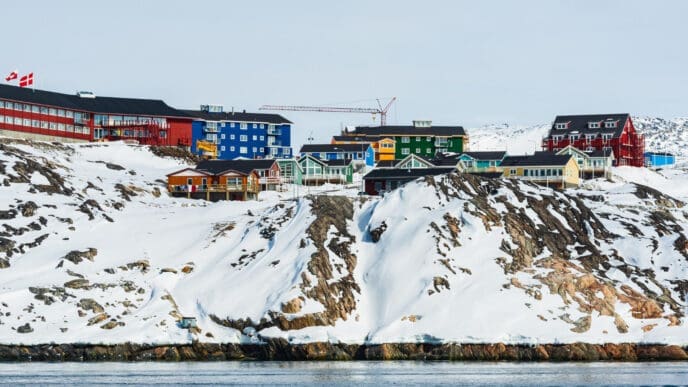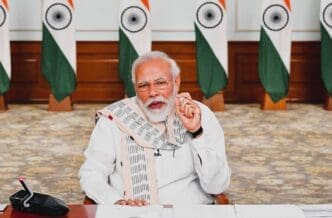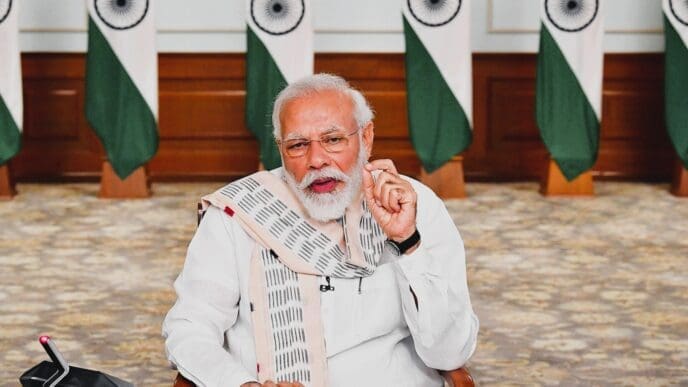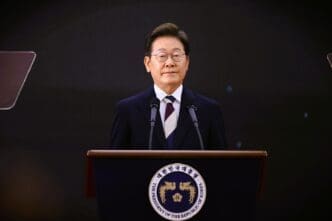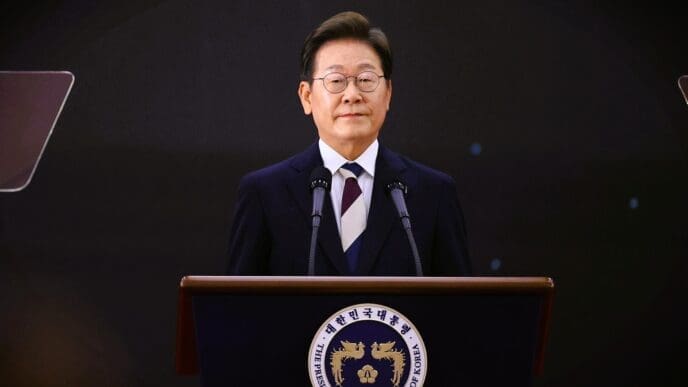Alberta Premier Danielle Smith has indicated that should the Liberal Party win the upcoming federal election, it will be crucial for Mark Carney to address and mend the strained relationship between the party and Alberta. While she refrained from explicitly stating that a Liberal victory could spark a national unity crisis, Smith emphasized the growing discontent among Albertans towards a Liberal government over the past decade. She stressed that the incoming prime minister would be tasked with navigating these challenges.
Smith previously met with Carney before the election campaign commenced, providing him with a list of demands she believes need to be addressed within the first six months to prevent what she described as an “unprecedented national unity crisis.” Speaking at the Canada Strong and Free Network conference in Ottawa, Smith endorsed Conservative Leader Pierre Poilievre and underscored the significance of provincial premiers collaborating for the greater good of Canada.
The conference, hosted by the Canada Strong and Free Network—founded by former Reform Party leader Preston Manning—saw Smith addressing a packed room. Manning had recently penned an op-ed suggesting that a vote for the Liberals equates to a vote for Western secession. However, Poilievre dismissed these concerns, advocating for national unity.
Smith stated that the tariffs imposed by U.S. President Donald Trump have created a rare consensus among Canadians about the need to enhance national infrastructure, such as pipelines and rail lines. She called for the construction of a west-to-east pipeline and improvements in port infrastructure and the development of the Ring of Fire.
In her address, Smith highlighted the importance of interprovincial support, noting the existential threat posed by U.S. policies to certain provinces and potentially the entire country. During a subsequent interaction with reporters, Smith was questioned on whether a Liberal win could jeopardize national unity, to which she responded that the reaction from Albertans would be pivotal.
Smith reiterated her demands for the next government, including ensuring the ability to construct pipelines across the country and opposing the proposed greenhouse gas emissions cap from the Liberal agenda. Additionally, she called for the repeal of Bill C-69. While Carney has signaled that a Liberal government would maintain the emissions cap and Bill C-69, he also promised to transform Canada into an energy superpower by expediting resource project approvals and establishing cooperative agreements with provinces and Indigenous governments for streamlined project assessments.
Smith expressed skepticism about Carney’s potential leadership, citing inconsistencies in the prime minister’s statements across different languages and regions.
The Evolving Landscape
The outcome of the federal election and its subsequent impact on Alberta could significantly influence several sectors, particularly energy and infrastructure. If the Liberal Party remains in power, Alberta might face an uphill battle in advocating for its energy projects under current Liberal policies. This could impact job opportunities and economic growth within the province.
On a broader scale, the emphasis on national unity and infrastructure development speaks to the potential reshaping of Canada’s economic landscape. An enhanced focus on collaboration among provinces and Indigenous governments could lead to more streamlined and efficient energy projects, benefiting the Canadian economy as a whole. However, the political landscape remains uncertain, with varying opinions on how to best navigate these complex issues.







